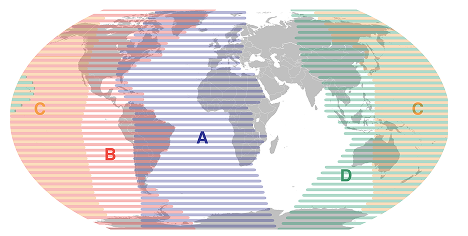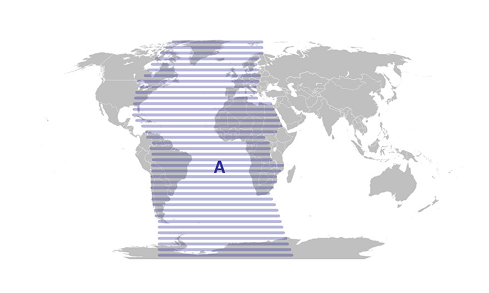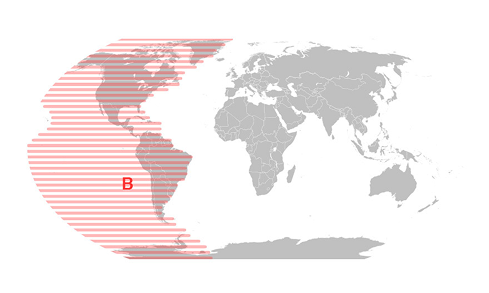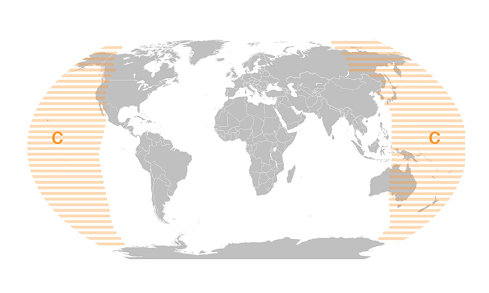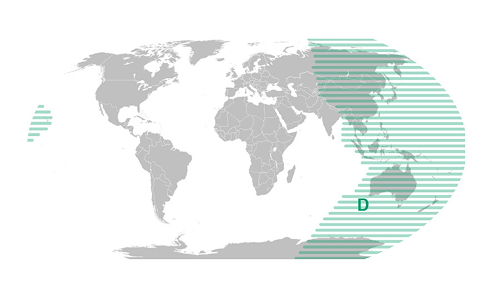
The Circle and Motor Skills
During a COSP Facilitator training, a physiotherapist attending the training reflected on her work with a young child who had severe motor delays. The little girl who was about 5 years old was struggling to run and play with her peers because she was unable to balance and climb to join in on the playground. Despite many months of intensive physical therapy, there had been little improvement in the girl’s motor development.
The physiotherapist had observed that during any of the exercises, the girl’s mother would stay very close, holding her daughter’s hand, leaning over her ready to catch her if she fell. The little girl found it difficult to complete the exercises without her mother right there next to her. Of course, these were challenging exercises for the little girl and were a struggle for her to complete. But, the mum’s close proximity to her child and her concerned gasps often meant that the exercise became so adapted to accommodate mum, it no longer allowed the girl to extend her movement.
The facilitator asked, “what if the delays in development aren’t the reason mum stays close, but the delays have resulted because mum stays too close? How might understanding their relationship help me to support the goals for this child's physical therapy? I’ve been working with the chicken, but I forgot about the egg.”
I put it to you to ponder:
How could supporting reflection on the relationship and perhaps the caregiver’s own shark music contribute to understanding this dyad? Where do they seem to struggle on the Circle? How might understanding this struggle help with understanding the difficulties with development? Where might we start in supporting reflection on relationship?
Registered COSP Facilitator, Brisbane, Australia
I invite you to share with me your comments, reflections, Circle stories and experiences with Circle of Security Parenting. Your submissions may be used in future blog posts, with all identifying information excluded, unless you specifically request to be identified. Contact me at brooke[at]circleofsecurityinternational[dot]com



